
Professor Abigail Tucker
Professor of Development & Evolution
Research interests
- Craniofacial
Biography
Principal Investigator and Professor of Development & Evolution, Professor Tucker holds a Wellcome Senior Investigator award to study the middle ear.
The Tucker Laboratory is interested in the development of the head, with particular focus on structures that form in association with the jaw. These include development of the dentition, development of the salivary glands, development of the jaw joint and most recently, the development of the middle ear. Formation of these structures involves complex interactions and we are interested in the signalling molecules that control patterning and shape. The research addresses questions related to human health and to evolutionary biology and uses a number of model and non-model organisms, including mouse, chick, opossum, guinea pig, shrew, bearded dragon, snake, gecko and chameleon.
Professor Tucker has a history of successful funding and has won awards for her contribution to the field of developmental biology (Cheryl Tickle Medal from the British Society of Developmental Biology 2016), New Fellow of the year award (Anatomical Society 2014) and for her supervision of PhD students (King’s faculty supervisory excellence award 2011, 2015). Her most important contributions have been in the fields of facial pattern, tooth morphogenesis, gland morphogenesis and ear development, influencing our understanding of how tissues receive instructions and achieve their normal morphology.
From this basic biology the lab has contributed to the understanding of key craniofacial disorders, such as Treacher Collins Syndrome, Di George Syndrome, Ectodermal dysplasia, LADD syndrome and Branchio-Oto-Renal syndrome.
In addition, the Tucker lab is actively involved in engaging scientifically with the public through festival stands, school visits, documentaries and museums, focusing particularly on how evolution shapes our bodies. Professor Tucker appeared in the EMMY award winning series “Your inner Fish” (PBS 2015).
Professor Tucker obtained her DPhil from Oxford University in 1996 in the lab of Prof Jonathan Slack. She then worked as a post-doctoral fellow at Guy’s Hospital, London, in the labs of Prof Paul Sharpe and Prof Andrew Lumsden. Here she started her interest in formation of the head. She set up her own lab as a Wellcome Trust Research Career Development fellow in 1999 in the MRC centre for Developmental Neurobiology at King’s. In 2002 she moved to the department of Craniofacial Development within the Dental Institute at King’s College London and was promoted to Professor in 2015. She is currently a holder of a Wellcome Senior Investigator Award. In addition the lab is currently funded by the Medical Research Council (MRC) with addition grants from Action on Hearing Loss (RNID). Professor Tucker is a Fellow of the Royal Society of Biology, a Fellow of the Anatomical Society and a Fellow of the Higher Education Academy. She is a member of the Editorial board of the Journal of Anatomy, Journal of Dental Research and Developmental Dynamics and sits on grant panels for the Wellcome Trust, Action on Hearing Loss and the Anatomical Society.
Hear from Professor Tucker on her research on the development and evolution of the face:
Research
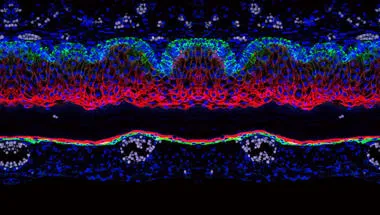
Tucker Lab
The Tucker lab is interested in development and repair of the head with focus on tissues associated with the jaw and ear.
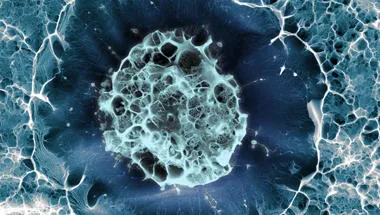
Centre for Craniofacial & Regenerative Biology
Our research goes beyond the mouth. If we understand how the entire face and head forms, we can repair damage and regenerate cells. If we unravel the causes of diseases, we can treat patients successfully. If we solve these problems, our discoveries will improve health worldwide.
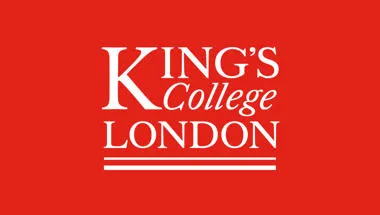
King’s Open Research Group Initiative (KORGI)
The King’s Open Research Group Initiative (or KORGI) is an action-oriented committee composed of an interdisciplinary mix of senior academics and experienced research staff that seek to change policy and procedures to promote transparent, accessible and reproducible research.
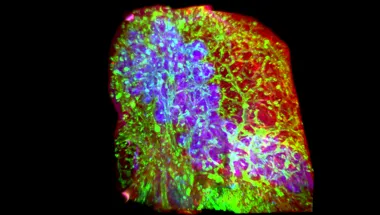
From Developmental Biology to Regenerative Medicine
Understanding organ development and tissue regeneration provides a framework for elucidating disease mechanisms as well as for developing new therapeutics.
News
Winners announced for the 2026 King's Engaged Research Awards
Staff, students and community partners have celebrated public and community engagement at the King’s Engaged Research Awards ceremony.

Faculty Secures Major Grants to Advance World‑Leading Research
The Faculty of Dentistry, Oral & Craniofacial Science is delighted to announce the success of several recent grant applications, securing vital funding that...

FoDOCS Labs at Society of Vertebrate Paleontology's Annual Meeting
FoDOCS labs made a strong showing at the Society of Vertebrate Paleontology’s Annual Meeting in Birmingham (Nov 11–15), with both the LeBlanc and Tucker labs...

JDR Cover Story: Vascular Invasion of the Dental Epithelium Is Essential for Ameloblasts
Congratulations to the Tucker lab, whose latest paper “Vascular Invasion of the Dental Epithelium Is Essential for Ameloblasts” features on the cover of the...

King's staff and students shine at IADR
Staff and students from King’s College London have been recognised at the latest International Association for Dental Research (IADR) General Session, held in...

King's hosts the Centre for Ecology & Evolution symposium
The symposium was an opportunity for ecologists and evolutionary biologists from across London to share their research on the topic 'Climate change and...
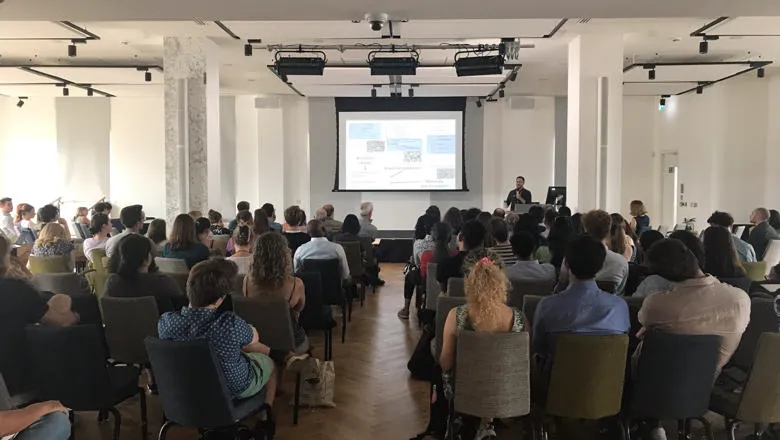
Researchers discover unique way snakes replace their teeth
Method to detect signs of tooth replacement can also aid in identification of snake fossils in the future, even from isolated jaws.
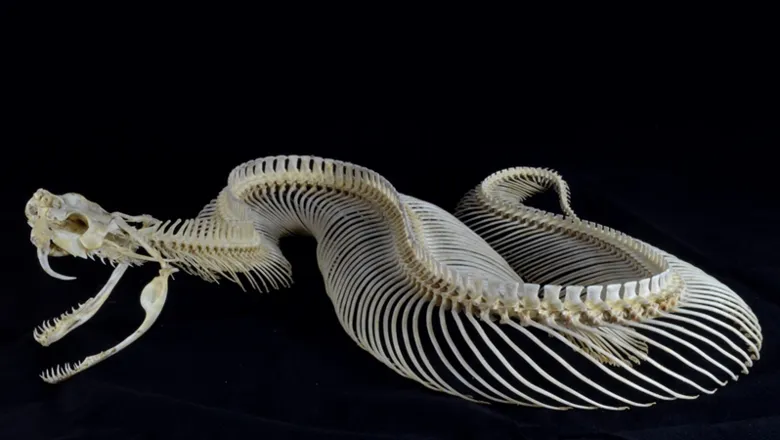
Women in Science project welcomes Brazilian researchers to King's
Colleagues from two universities in Porto Alegre visited King’s as part of Women in Science project, which seeks to encourage women and girls to pursue a...
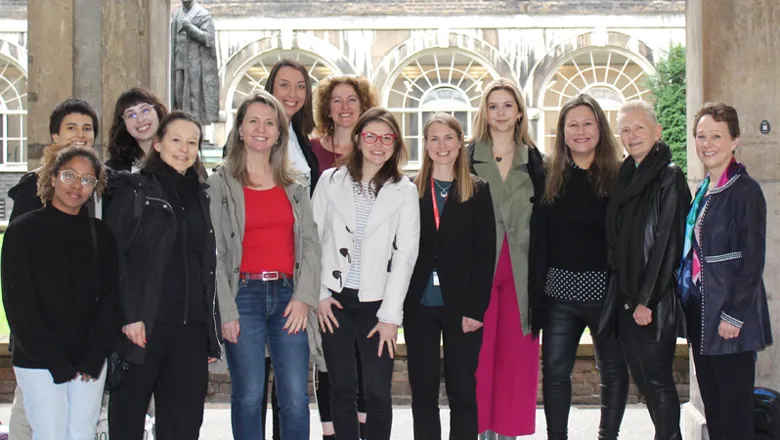
Professor Abigail Tucker visits Brazil to promote Women in Science project
Dean for Research trip was part of 'Women in Science' collaboration with colleagues in PUCRS & UFRGS universities in Porto Alegre
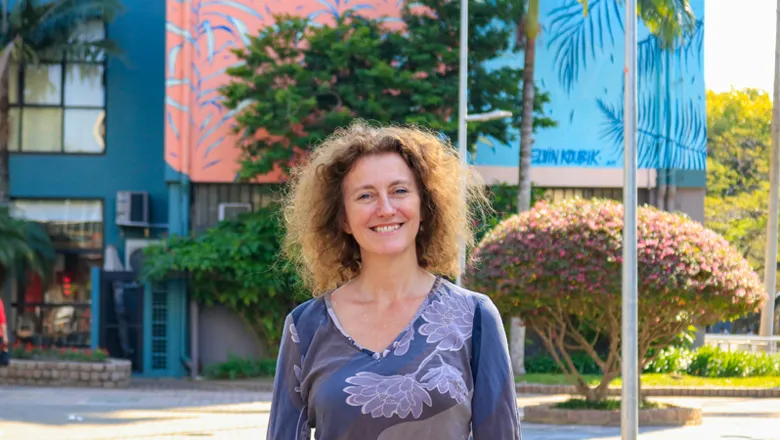
REF 2021 results demonstrate impact of FoDOCS research
Results published today show combined strength of King’s profile for high-quality, impactful research within allied and applied health research, including...
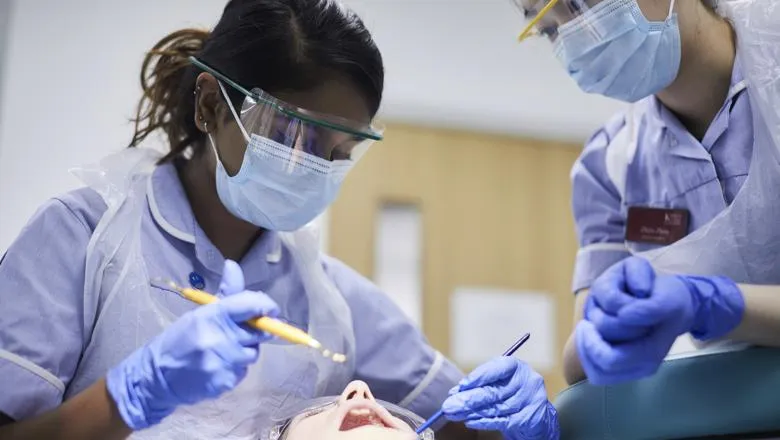
Features
The Science our Women in STEMM create
Find out about some of the activities the students and staff in the Faculty of Dentistry, Oral & Craniofacial Sciences are up to during the Women in STEMM...
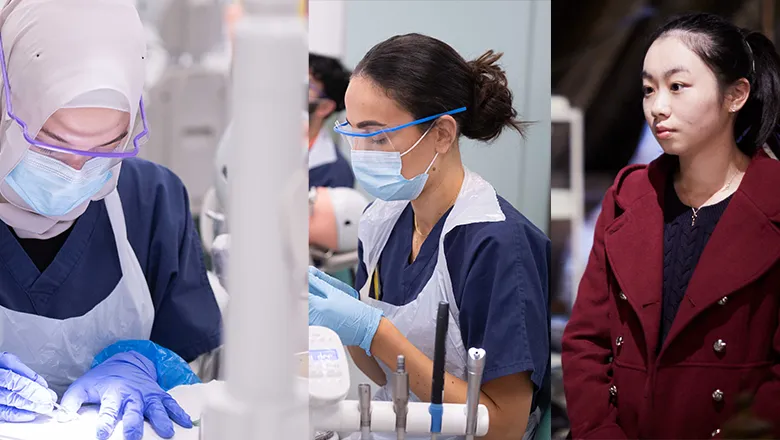
Research

Tucker Lab
The Tucker lab is interested in development and repair of the head with focus on tissues associated with the jaw and ear.

Centre for Craniofacial & Regenerative Biology
Our research goes beyond the mouth. If we understand how the entire face and head forms, we can repair damage and regenerate cells. If we unravel the causes of diseases, we can treat patients successfully. If we solve these problems, our discoveries will improve health worldwide.

King’s Open Research Group Initiative (KORGI)
The King’s Open Research Group Initiative (or KORGI) is an action-oriented committee composed of an interdisciplinary mix of senior academics and experienced research staff that seek to change policy and procedures to promote transparent, accessible and reproducible research.

From Developmental Biology to Regenerative Medicine
Understanding organ development and tissue regeneration provides a framework for elucidating disease mechanisms as well as for developing new therapeutics.
News
Winners announced for the 2026 King's Engaged Research Awards
Staff, students and community partners have celebrated public and community engagement at the King’s Engaged Research Awards ceremony.

Faculty Secures Major Grants to Advance World‑Leading Research
The Faculty of Dentistry, Oral & Craniofacial Science is delighted to announce the success of several recent grant applications, securing vital funding that...

FoDOCS Labs at Society of Vertebrate Paleontology's Annual Meeting
FoDOCS labs made a strong showing at the Society of Vertebrate Paleontology’s Annual Meeting in Birmingham (Nov 11–15), with both the LeBlanc and Tucker labs...

JDR Cover Story: Vascular Invasion of the Dental Epithelium Is Essential for Ameloblasts
Congratulations to the Tucker lab, whose latest paper “Vascular Invasion of the Dental Epithelium Is Essential for Ameloblasts” features on the cover of the...

King's staff and students shine at IADR
Staff and students from King’s College London have been recognised at the latest International Association for Dental Research (IADR) General Session, held in...

King's hosts the Centre for Ecology & Evolution symposium
The symposium was an opportunity for ecologists and evolutionary biologists from across London to share their research on the topic 'Climate change and...

Researchers discover unique way snakes replace their teeth
Method to detect signs of tooth replacement can also aid in identification of snake fossils in the future, even from isolated jaws.

Women in Science project welcomes Brazilian researchers to King's
Colleagues from two universities in Porto Alegre visited King’s as part of Women in Science project, which seeks to encourage women and girls to pursue a...

Professor Abigail Tucker visits Brazil to promote Women in Science project
Dean for Research trip was part of 'Women in Science' collaboration with colleagues in PUCRS & UFRGS universities in Porto Alegre

REF 2021 results demonstrate impact of FoDOCS research
Results published today show combined strength of King’s profile for high-quality, impactful research within allied and applied health research, including...

Features
The Science our Women in STEMM create
Find out about some of the activities the students and staff in the Faculty of Dentistry, Oral & Craniofacial Sciences are up to during the Women in STEMM...

